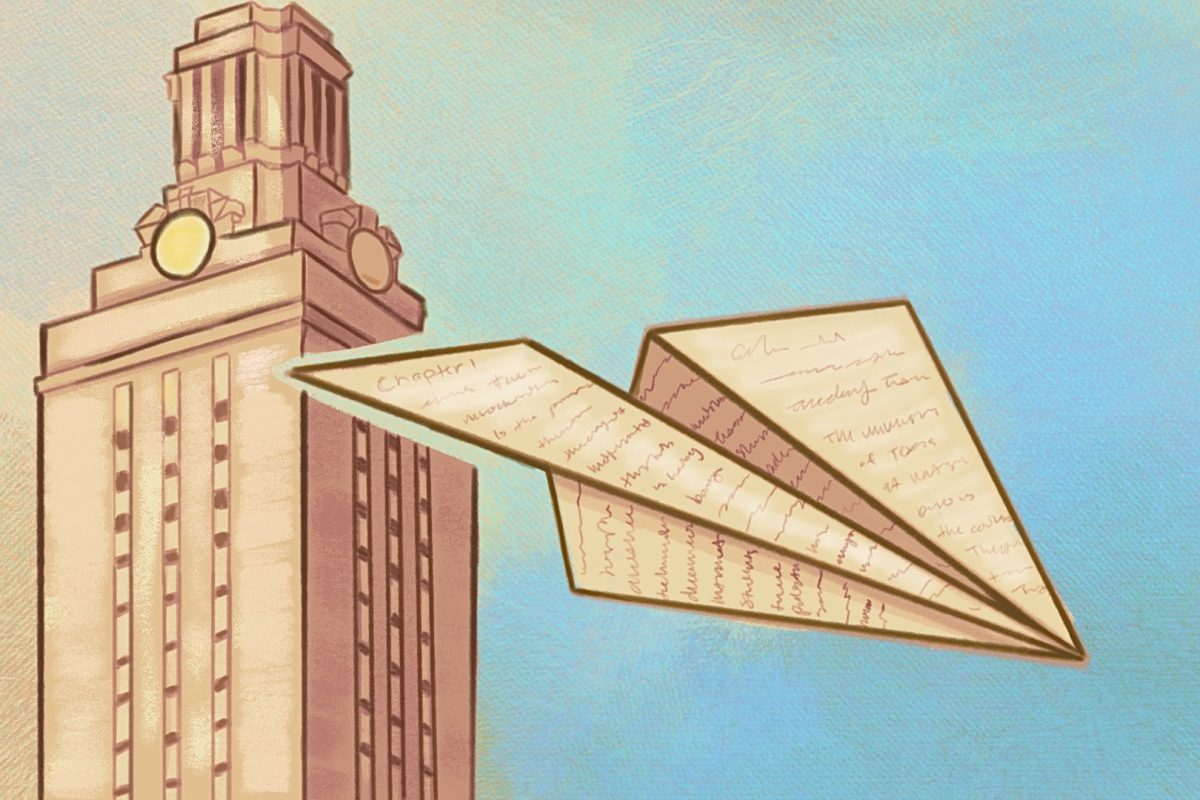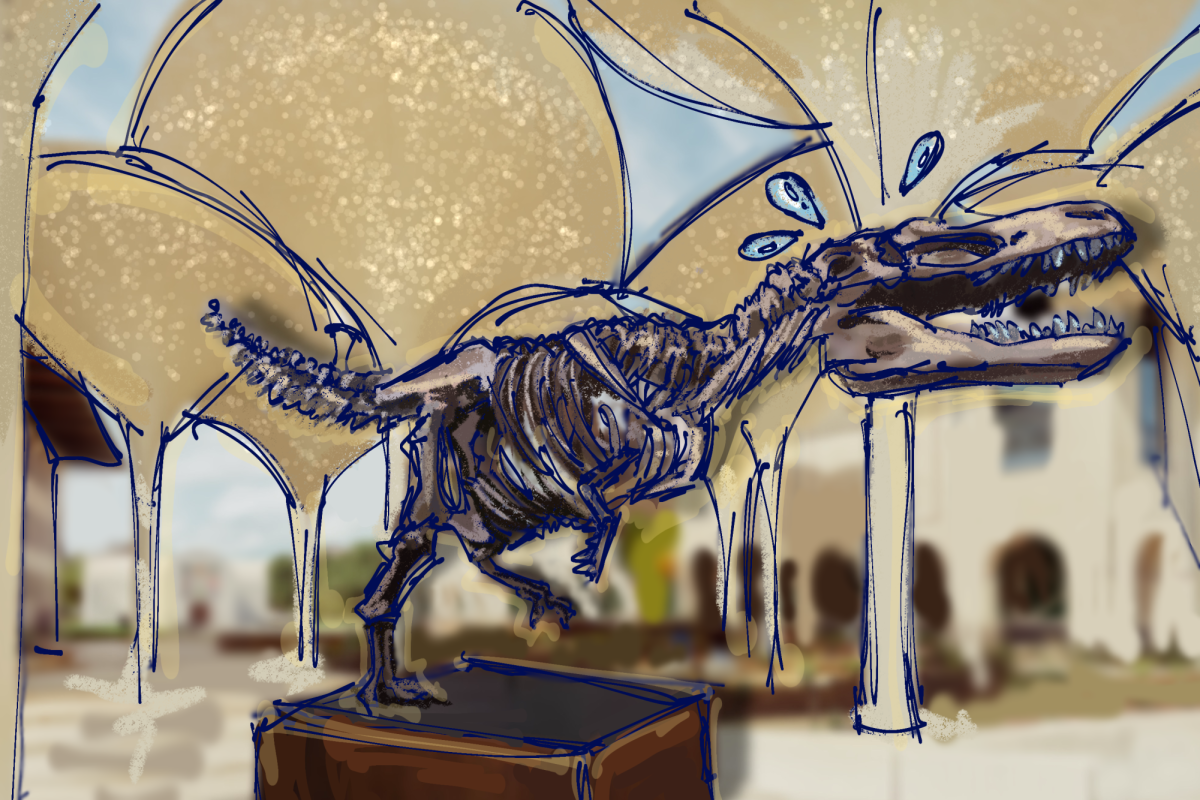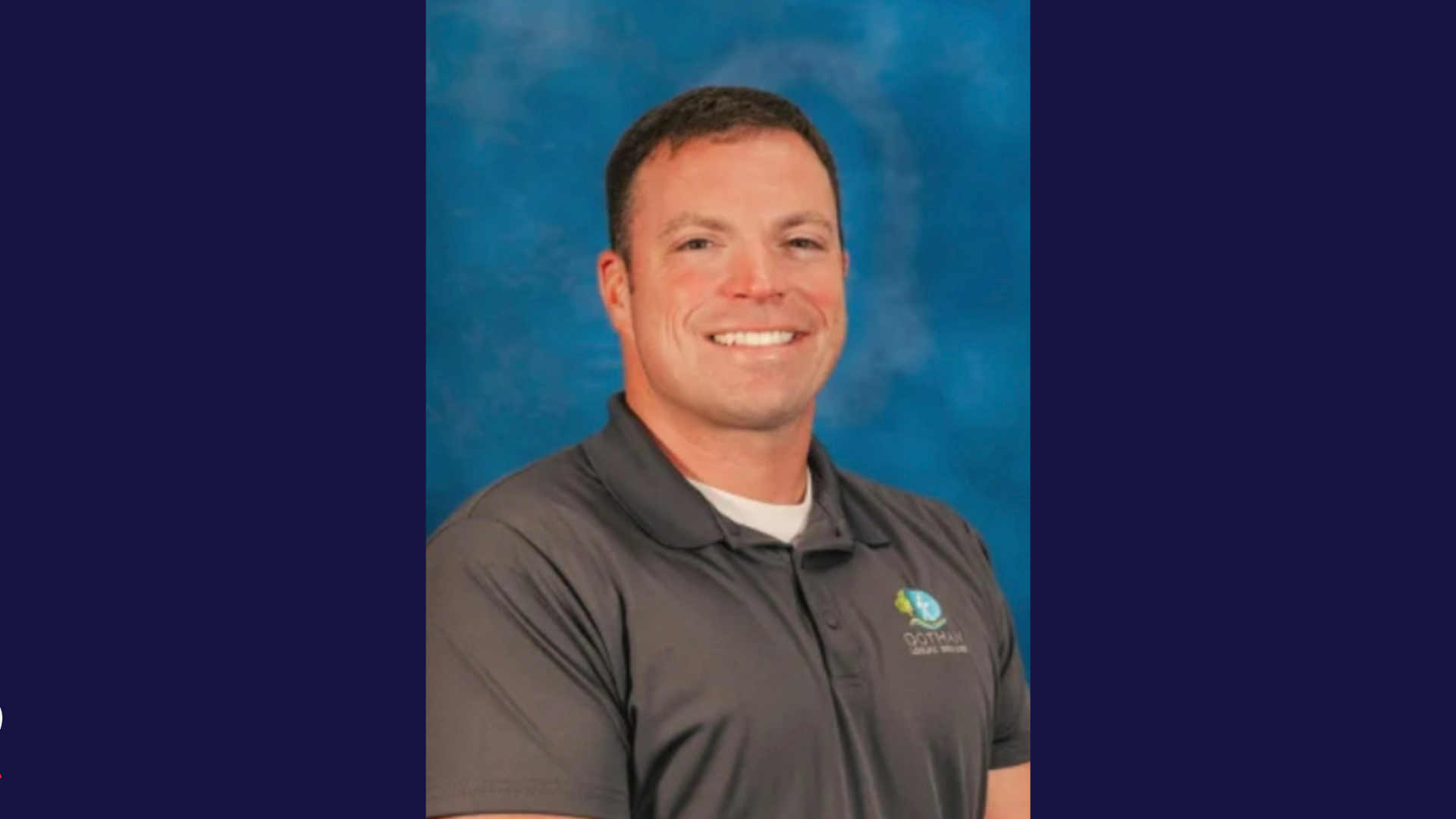The goal of Secretary of Health and Human Services (HHS), RFK Jr., is to eradicate autism. Kennedy disparaged the neurodevelopmental disorder and cited false data about the prevalence of profound autism in a recent press conference.
Kennedy claimed that families are destroyed by autism. More significantly, it ruins our children, who are our most valuable resource.
Despite the scientific consensus that hereditary reasons account for the majority of autism cases, Kennedy is persuaded that the increase in autism diagnoses over the past 30 years is related to an environmental toxin. The majority of studies link the rise in autism prevalence to improved knowledge of the illness, a rise in the number of doctors who are trained to diagnose autism, and modifications in diagnostic procedures to identify a greater variety of autism presentations.
According to Soren Aldaco, a first-year master’s student with an autism diagnosis, “if you’ve met one person with autism, then you’ve met one person with autism.” It’s crucial to keep in mind that there is no one explanation for why someone exhibits the patterns and behaviors that we identify with autism.
Research funding will be biased toward studies that confirm Kennedy’s preexisting notions due to his narrow focus on environmental issues.
Information released years later will be biased, according to Dr. Kate Davis, a fifth-year graduate student in the department of interdisciplinary neuroscience and an autism researcher. Because the only research on autism that is currently being funded will focus on environmental variables.
More funding for autism research may result from the HHS secretary’s shortsighted intention to pinpoint the single environmental cause of autism, but this spending will be skewed by Kennedy confirmation bias. The field as a whole will regress as research into heritable reasons or ways to improve the lives of autistic people is postponed and ignored.
Davis stated that although Kennedy is interested in determining the causes of autism, he has no interest in helping those who have the disorder. Any studies that examine ways to enhance the lives of people with autism and ensure that they receive the care and resources they require, particularly as they age (we’ll see less focus on that).
That is precisely what Aldaco studies in the UT Department of Educational Psychology. Her area of expertise is higher education accommodations for people with disabilities.
“As someone who lives outside of the conventions of higher education, we have heard the student experience and how challenging it can be to get accommodations and navigate the world,” Aldaco said. We are studying how to make higher education more accessible and what accessibility looks like.
An administration that has deprioritized education budgets and services for disabled persons directly threatens Aldaco and the hundreds of researchers who are like her.
My research has paid for my whole graduate school education, but today I was informed, “We need to find you an alternative means of funding,” Aldaco stated.
While studying the biology of autism is vital, organizations should also think about the interests of the people who will be impacted by the study. According to Davis, researchers ought to seek guidance from people with autism.
Would you like us to find out something? “What?” Davis inquired. Are the causes of autism important to you? Most likely not. You are concerned about how to improve your life.
Kennedy disregards current evidence that challenges his theory in an attempt to eradicate autism by identifying its environmental cause. This deliberate ignorance will hurt the autistic community by sabotaging research at UT Austin and other universities throughout the country that might directly help autistic people. Funding should take into account the varied interests of researchers, autistic people, and autistic researchers rather than introducing personal bias to dictate the course of autism studies.
Kate Windsor is a molecular biology PhD candidate from Austin, Texas.












